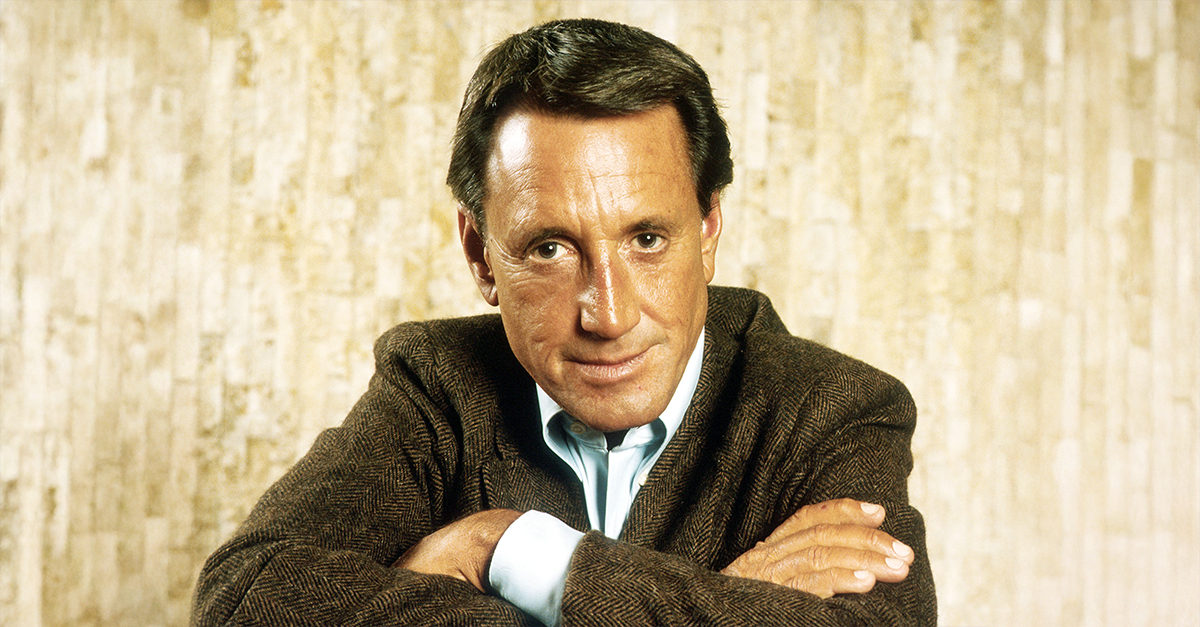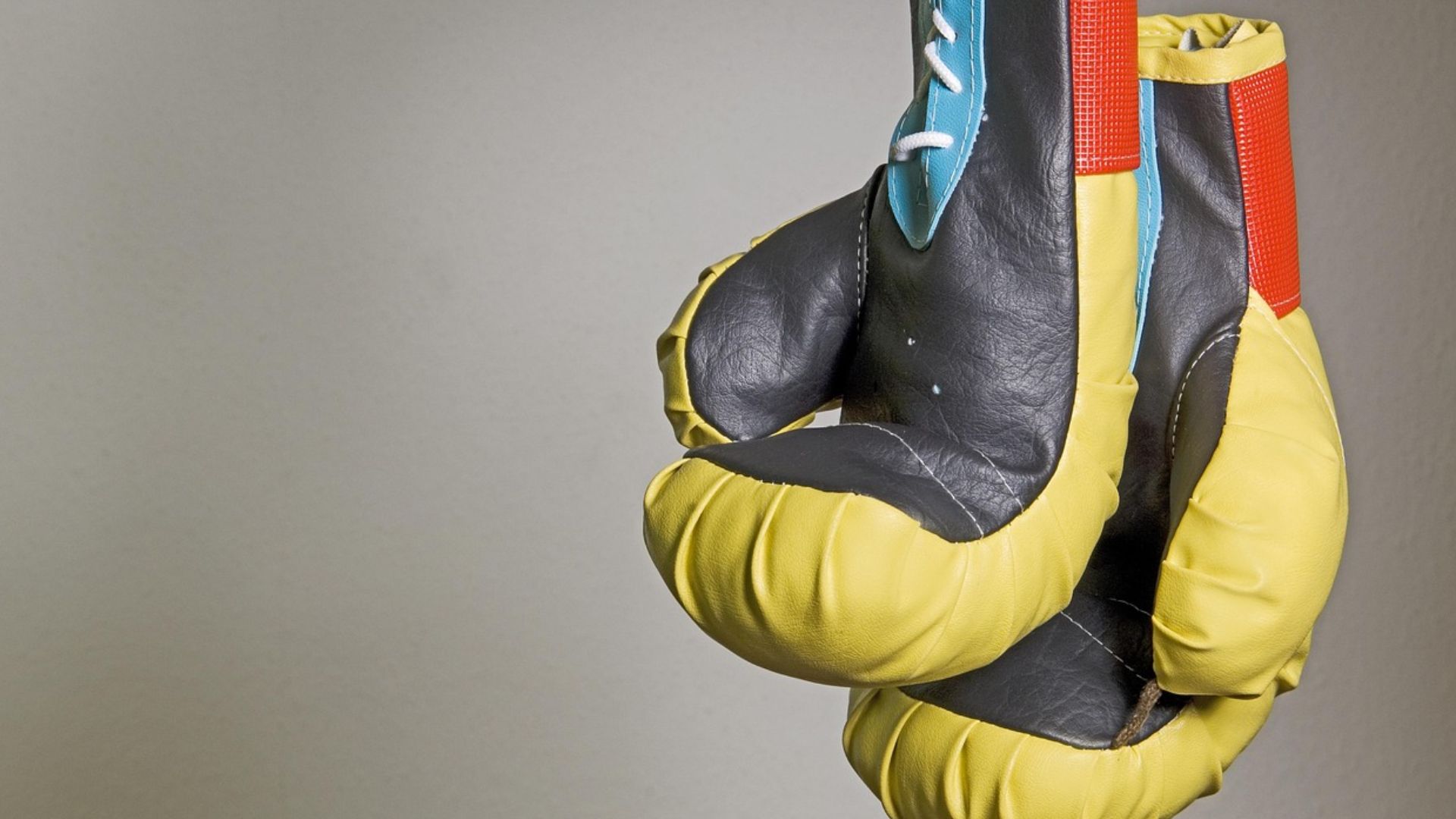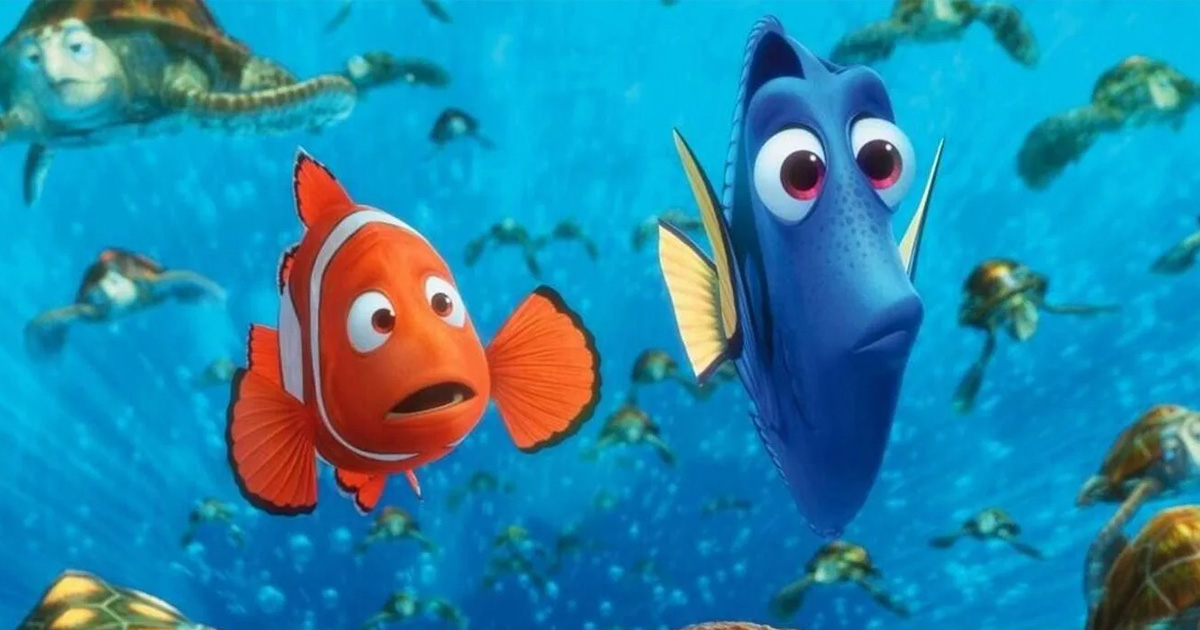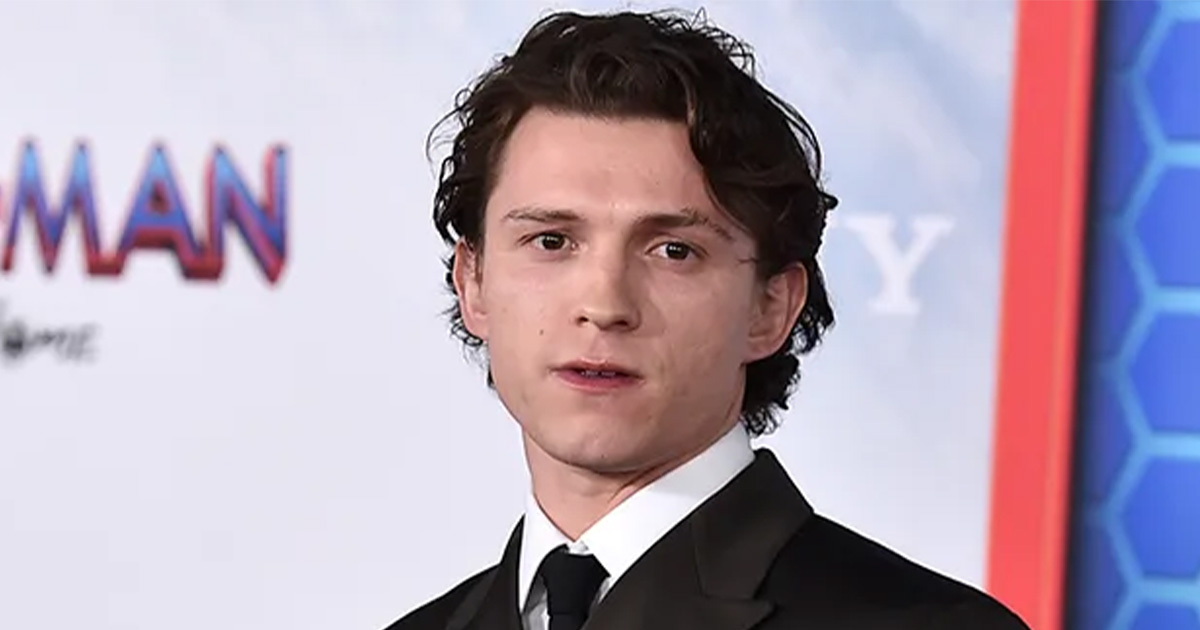He Rolled With The Changes
Roy Scheider (1932–2008) was more than the unflappable town sheriff in Jaws. He acted in roles depicting gritty realism, psychological drama, and musical fantasy. He took part in some of the most ambitious films ever made while overcoming typecasting and health challenges. The Roy Scheider story is one of versatility and persistence through the rapidly changing film industry of the 70s and beyond.
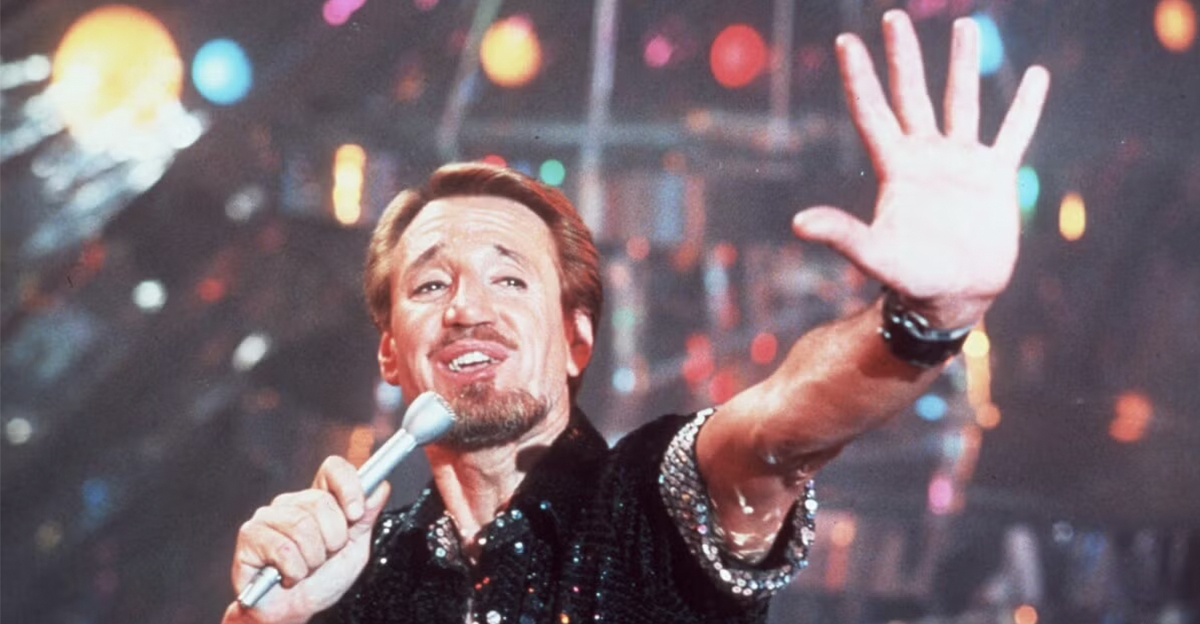
Early Health Struggles
As a young boy, Scheider battled serious illness: he was diagnosed with rheumatic fever at the age of 6. The only treatment at the time was bedrest, leading Scheider to put on weight. He was afflicted by the ailment until his teen years. After all the sickness and inactivity, Scheider was eager to get moving in a new direction.
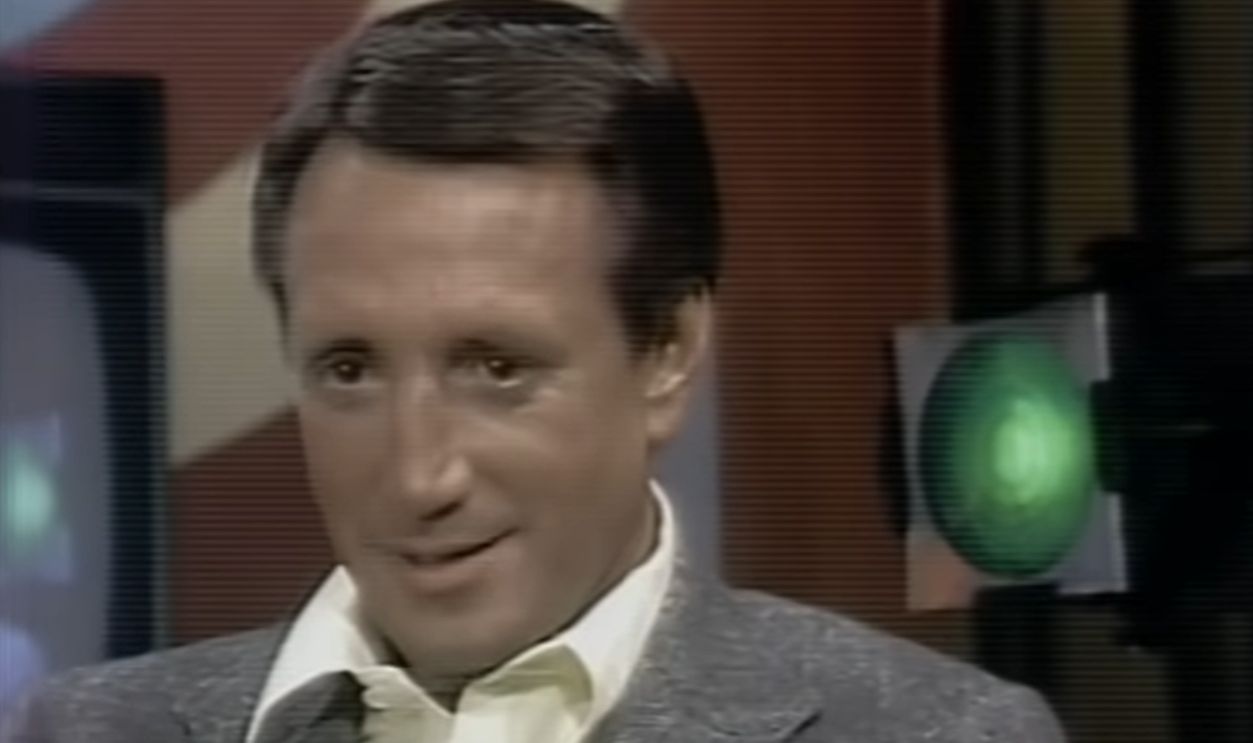 1975. An interview with Roy Scheider about the movie that ends beach parties, Jaws, Geraldo Rivera
1975. An interview with Roy Scheider about the movie that ends beach parties, Jaws, Geraldo Rivera
Amateur Boxing & Discipline
In his college days, Scheider boxed as an amateur, improving his endurance, reflexes, and resilience. Boxing’s combination of physical courage and mental focus became part of his screen persona: a man visibly capable of rolling with the punches and pushing himself to physical extremes. He went on to fight 12 bouts in Golden Gloves competition, and winning 11 of them.
First Film Role: The Curse of the Living Corpse (1964)
Scheider made his film debut in the gothic horror The Curse of the Living Corpse; not exactly a cinematic masterpiece, but a decent genre outing. Playing a scheming heir, he brought unusual gravity to his role. The low-budget film gave him important experience in front of the camera and helped launch his screen career toward dramatic roles of much greater substance.
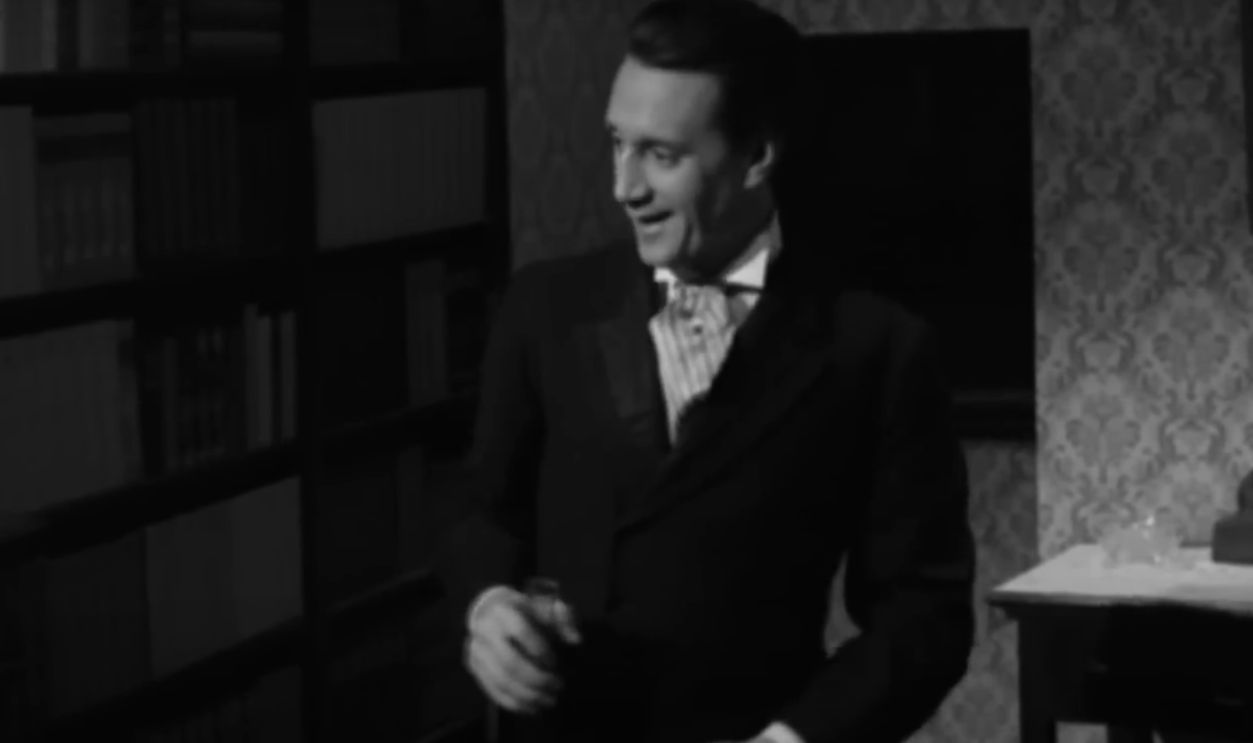 20th Century Fox, The Curse of the Living Corpse (1964)
20th Century Fox, The Curse of the Living Corpse (1964)
Stage Beginnings & Obie Award
Scheider was heavily involved in theatre in the early years of his career. He performed in off-Broadway and regional stage productions, earning an Obie Award for his work in James Joyce’s Stephen D out of the East 74th Street Theater. This foundation in live performance sharpened his acting instincts for film work.
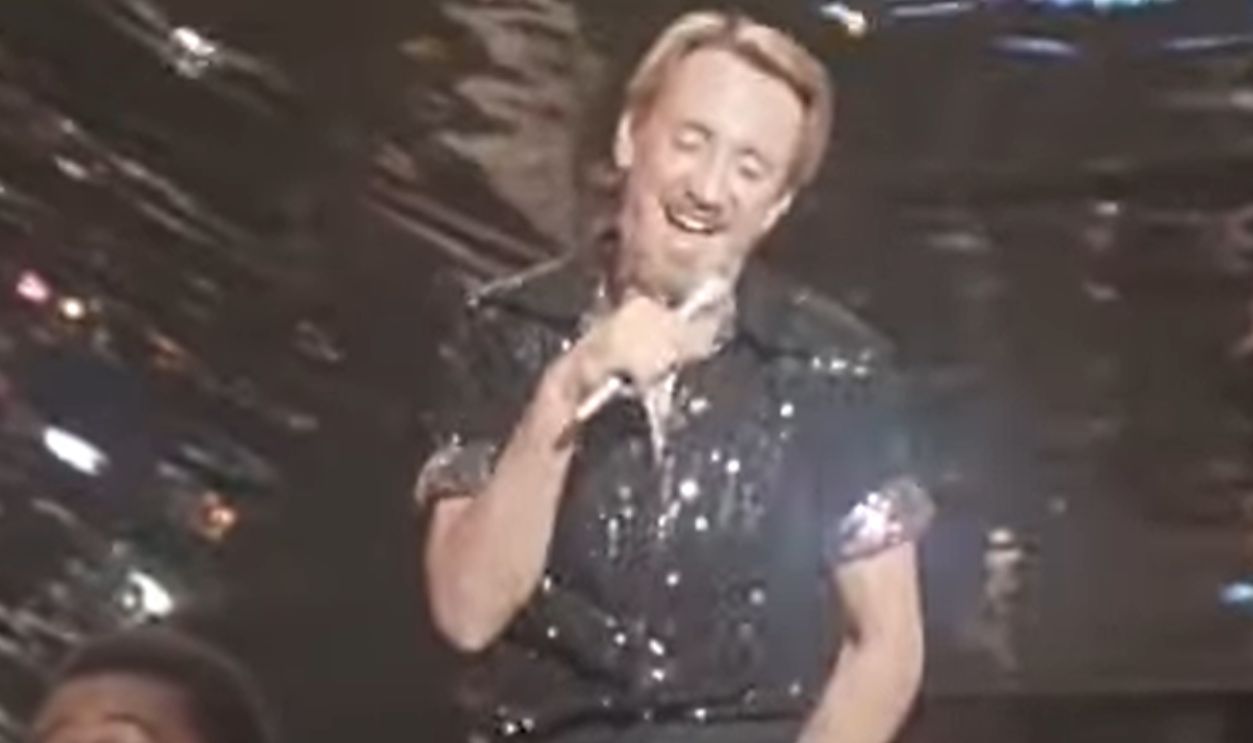 20th Century Fox, All That Jazz (1979)
20th Century Fox, All That Jazz (1979)
Building Range In Supporting Roles
Throughout the 70s, Scheider proved his versatility with key supporting turns in acclaimed films like Klute (1971) and Marathon Man (1976). Working alongside stars such as Jane Fonda, Dustin Hoffman, and Laurence Olivier, he brought nuance and grit to secondary roles. These performances showcased his reliability and subdued intensity, paving the way for lead roles.
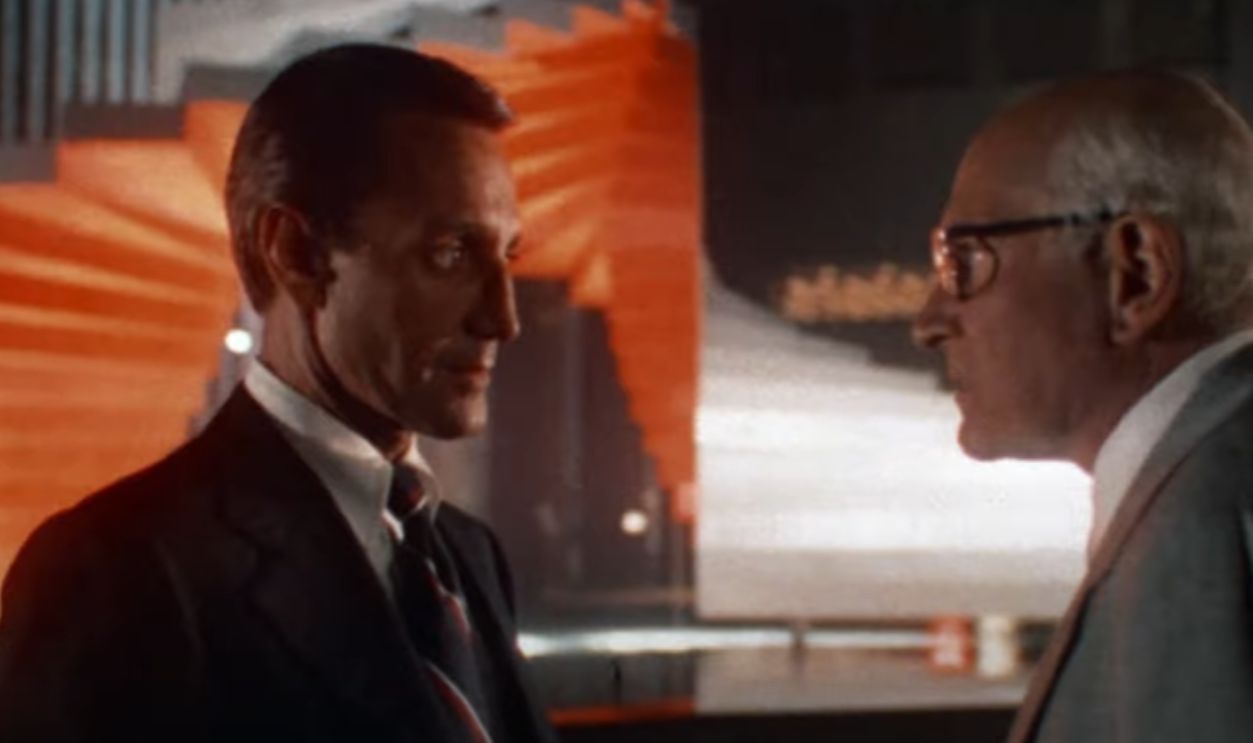 Paramount Pictures, Marathon Man (1976)
Paramount Pictures, Marathon Man (1976)
Breakthrough: The French Connection (1971)
Scheider earned wider attention as Detective Buddy “Cloudy” Russo in The French Connection. His relaxed realism complemented Gene Hackman’s Popeye Doyle, establishing him as a serious dramatic actor. The film’s success opened doors beyond the customary supporting roles.
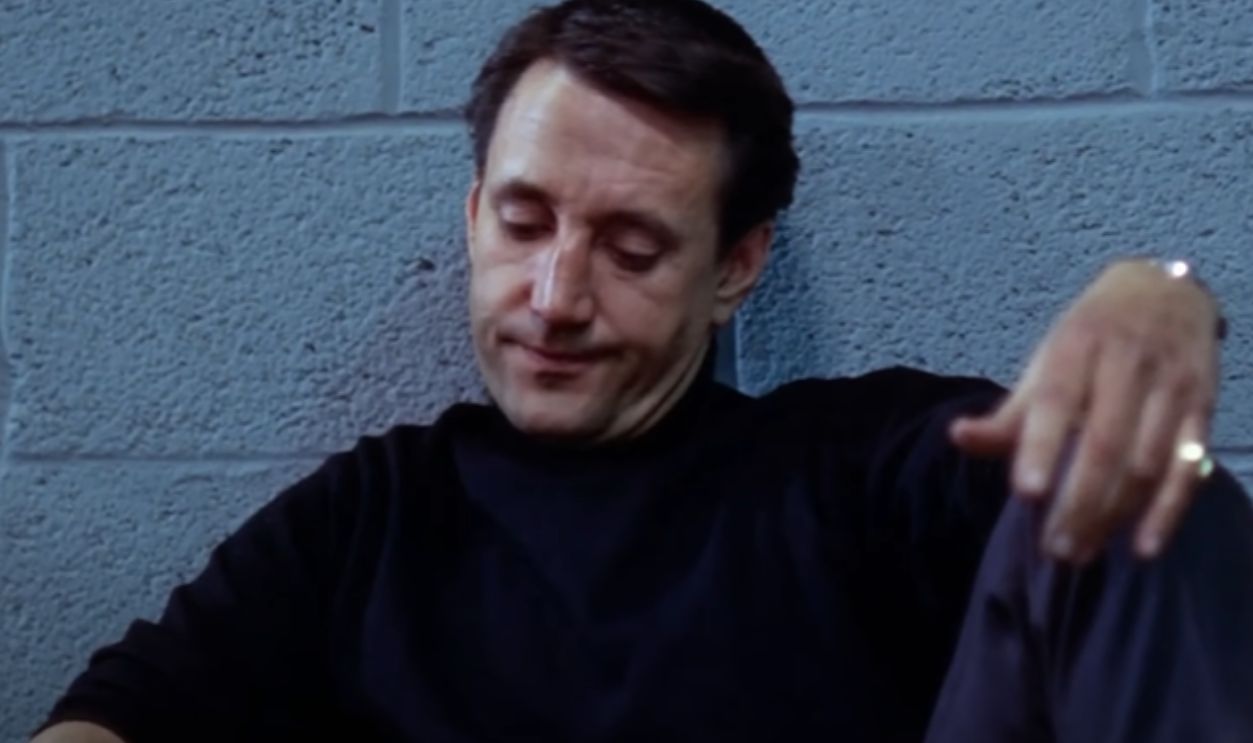 20th Century Fox, The French Connection (1971)
20th Century Fox, The French Connection (1971)
The Seven-Ups (1973): A Car Chase Classic
In The Seven-Ups, Scheider starred in one of cinema’s most praised car chases. The sequence, worked with stunt driving legend Bill Hickman, placed Scheider at the wheel of a 1973 Pontiac Ventura in a prolonged sequence of high-octane danger. Scheider did most of his own driving in a role that reinforced his reputation for athleticism and grit under pressure.
 20th Century Fox, The Seven-Ups (1973)
20th Century Fox, The Seven-Ups (1973)
Jaws (1975): A Pop Icon Surfaces
As Sheriff Martin Brody of Amity Island, he became a household name. Scheider balanced fear, authority, and quiet determination when facing the shark. His line “You’re gonna need a bigger boat” became one for the ages. Jaws made Scheider into a leading actor in blockbuster cinema.
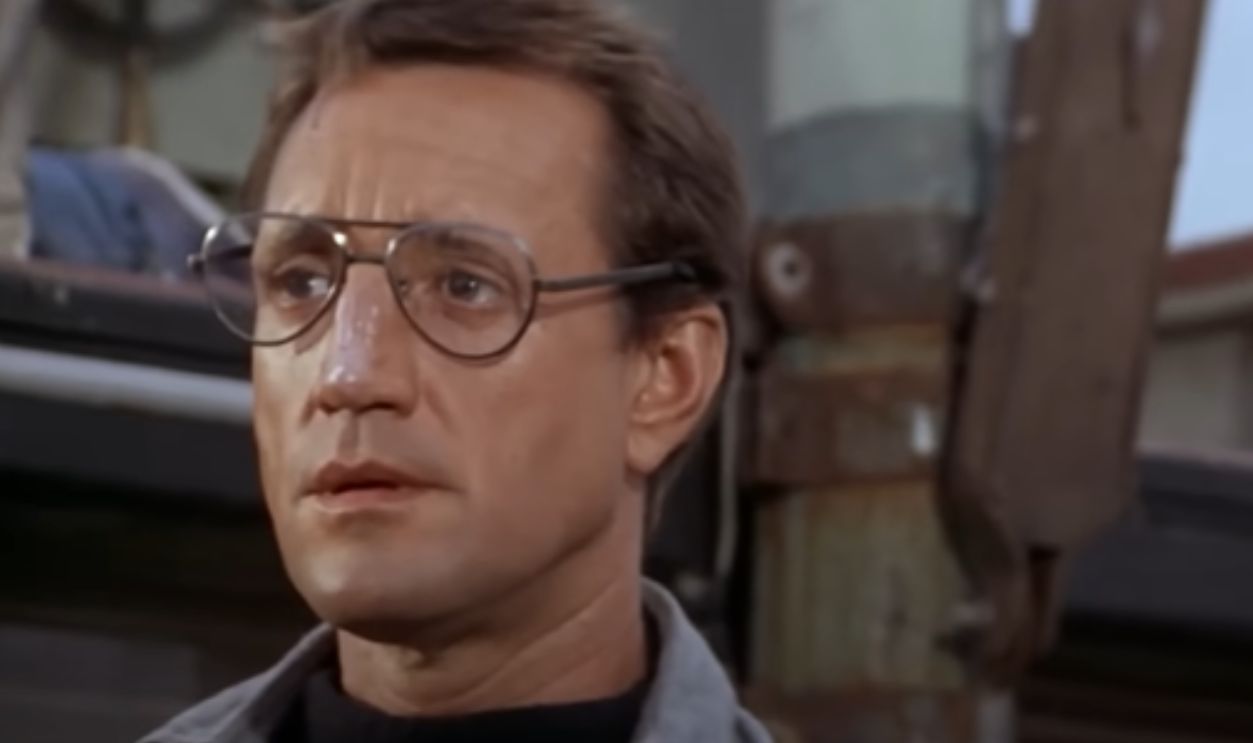 Universal Pictures, Jaws (1975)
Universal Pictures, Jaws (1975)
Refusing To Ride The Wave Of Sequels
Despite Jaws’ runaway success, Scheider had no interest in going back to do sequels. He viewed the original as a complete artistic effort that didn’t require repetition. Though he did appear in Jaws 2 to fulfill contractual obligations, he turned down later offers, wary of being typecast in a series that became more and more hyperbolic and ridiculous as the years went by. Roy was taking on fresh challenges.
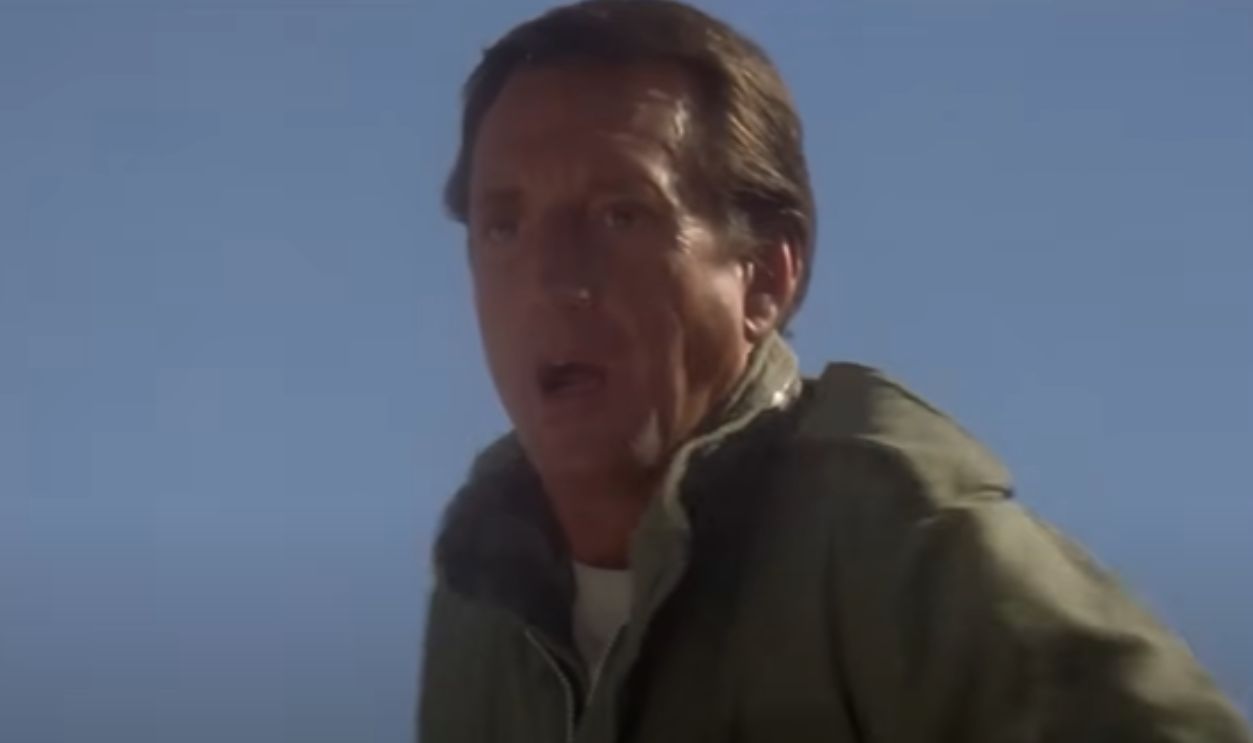 Universal Pictures, Jaws 2 (1978)
Universal Pictures, Jaws 2 (1978)
Sorcerer (1977): Risk And Ambition
Under director William Friedkin, Sorcerer placed Scheider as one of four misfits tasked with driving two truckloads of unstable explosives over mountainous terrain. The pressure of the production, problems of location, remote settings, and battling adverse weather tested his resolve. Sorcerer bombed at theaters and was poorly received by critics, but the intervening decades have seen the film gain the respect it deserves as a daring, ambitious effort.
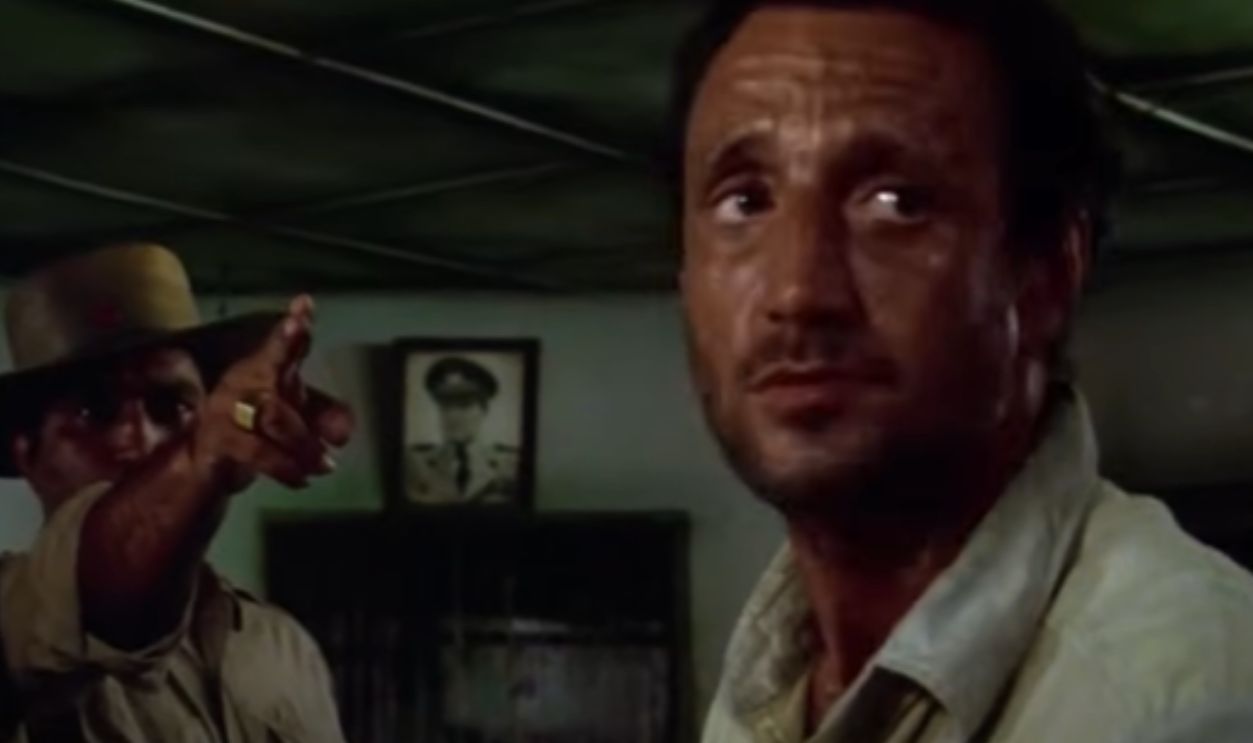 Universal Pictures, Sorcerer (1977)
Universal Pictures, Sorcerer (1977)
Breaking Type With Bob Fosse
In All That Jazz (1979), Scheider took on the role of Joe Gideon, an autobiographical version of director and Broadway choreographer Bob Fosse, which demanded musicality, introspection, and self-destruction. The mercurial Fosse took a major gamble on Scheider, pushing him to embrace his vulnerability rather than bristle with action movie clichés. Scheider seized the opportunity to break free of the “strong silent type” straightjacket and channel the famous Broadway choreographer.
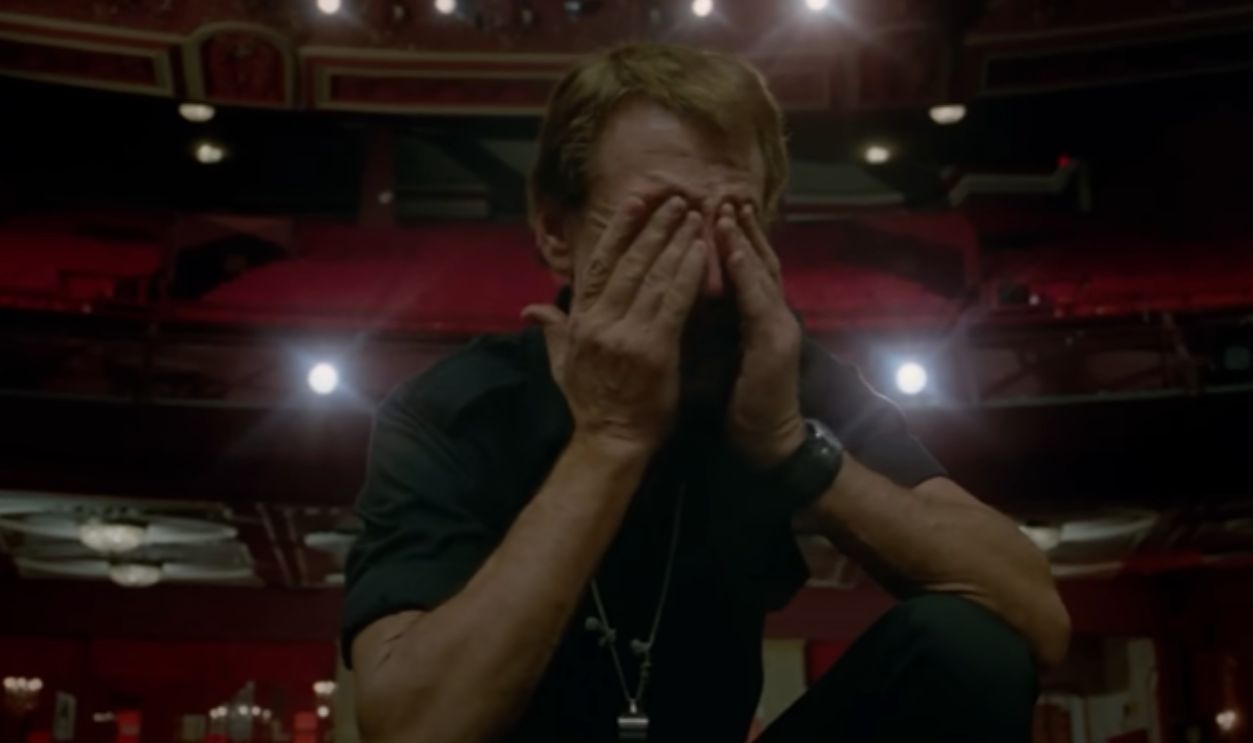 20th Century Fox, All That Jazz (1979)
20th Century Fox, All That Jazz (1979)
All That Jazz Production Struggles
Production of All That Jazz was infamously turbulent: financing ran out, editing was reworked, schedules shifted. Scheider turned out to be a true mensch when the chips were down, helping rally support behind the scenes to keep the production afloat. His dedication behind the camera matched his commitment on screen as he successfully lobbied Alan Ladd Jr of 20th Century Fox to finance the rest of the production.
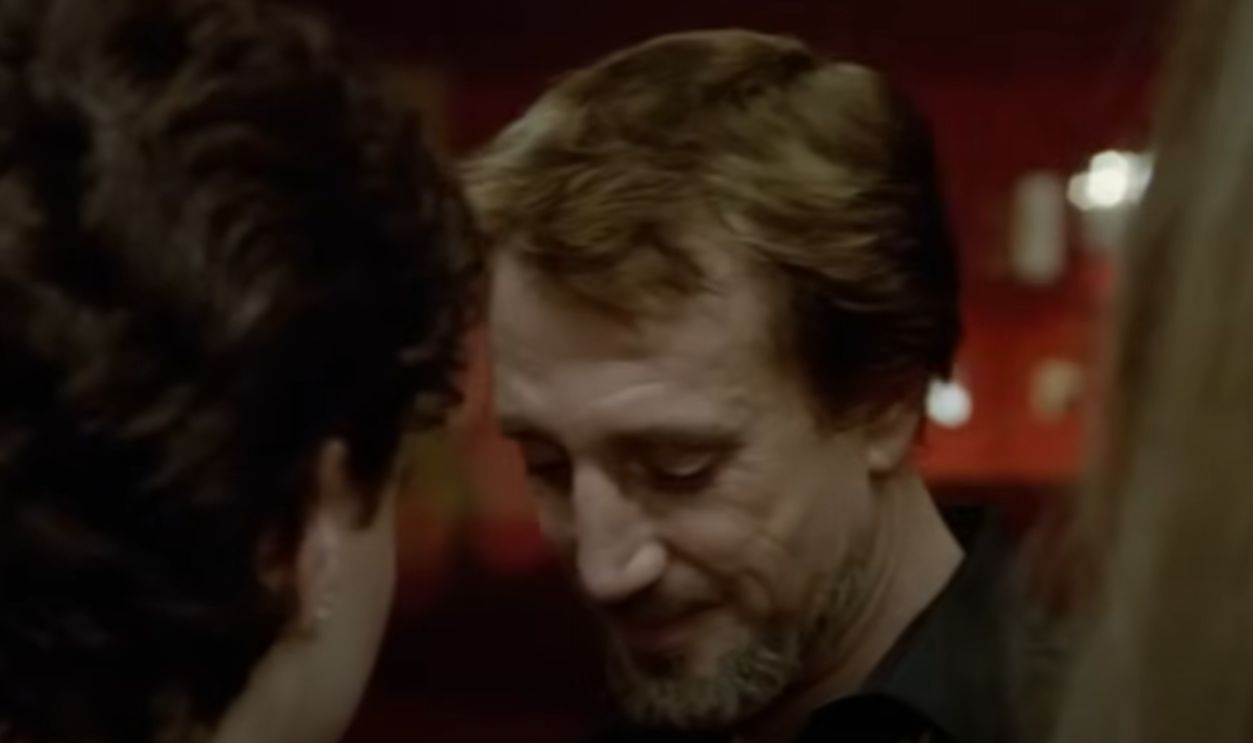 20th Century Fox, All That Jazz (1979)
20th Century Fox, All That Jazz (1979)
Critical Success & Legacy For All That Jazz
The finished film earned Oscar nominations, critical acclaim, and a long legacy as one of Hollywood’s most daring musicals. For Scheider, the role proved he was more than a hard-boiled action movie tough guy: he could execute complex psychologically introspective work with total conviction.
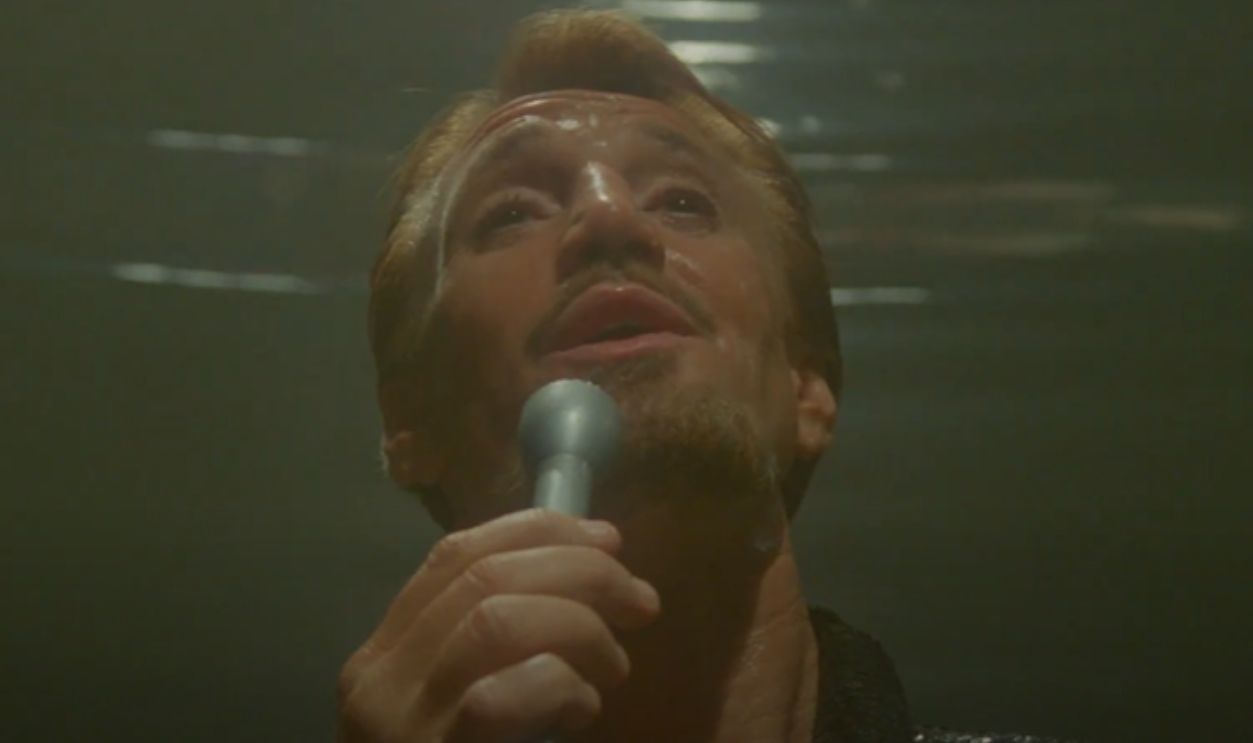 20th Century Fox, All That Jazz (1979)
20th Century Fox, All That Jazz (1979)
1980s Roles: Blue Thunder (1983)
In Blue Thunder (1983), Scheider played a police helicopter pilot investigating corruption. Along with the high-flying aerobatics, he brought an earnest moral urgency to the role. The film was heavy on 80s tech-thriller aesthetics, but his grounded performance and familiar screen presence gave the film a much-needed human side as well.
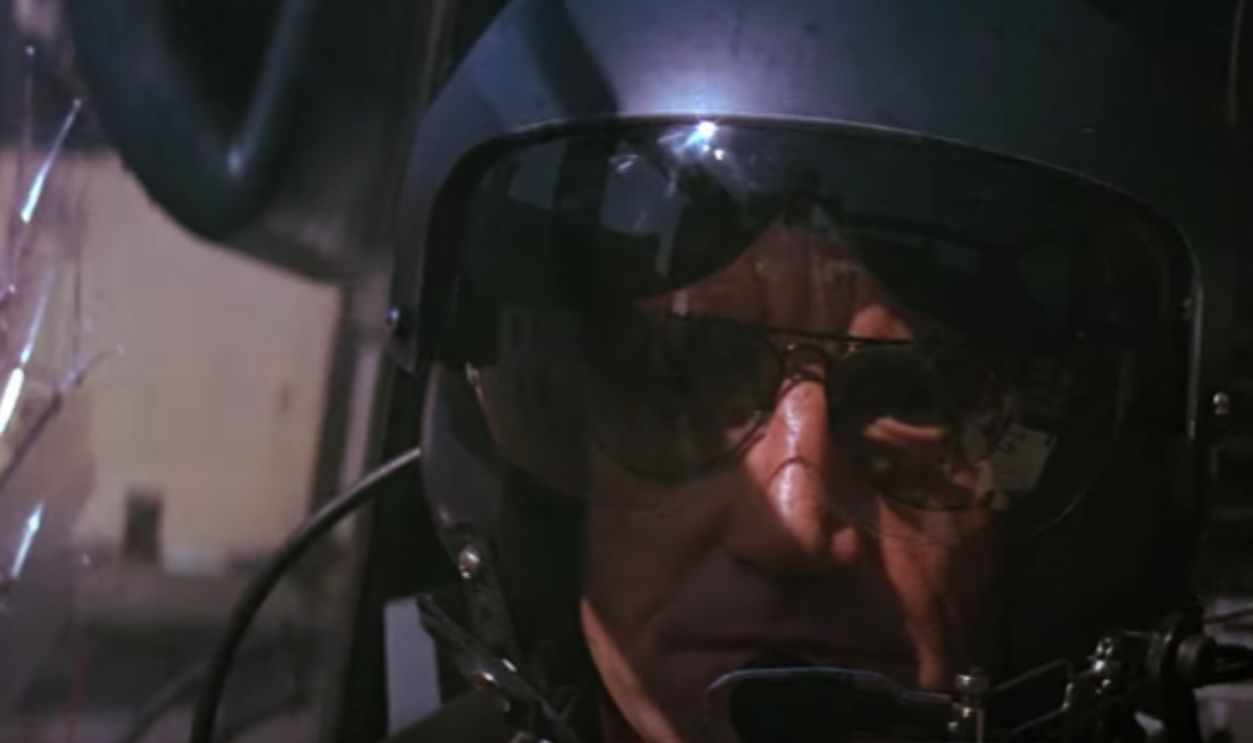 Columbia Pictures, Blue Thunder (1983)
Columbia Pictures, Blue Thunder (1983)
1990s & Beyond: Naked Lunch And More
Scheider continued to take creative risks, like appearing in David Cronenberg’s Naked Lunch (1991). He gravitated toward edgy, intellectual material even as he got older. He resisted settling into comfortable repeats, opting for roles that challenged norms and his own on-screen image. Some of these included roles in: Romeo Is Bleeding (1993); The Myth of Fingerprints (1997); The Rainmaker (1997); and The Punisher (2004).
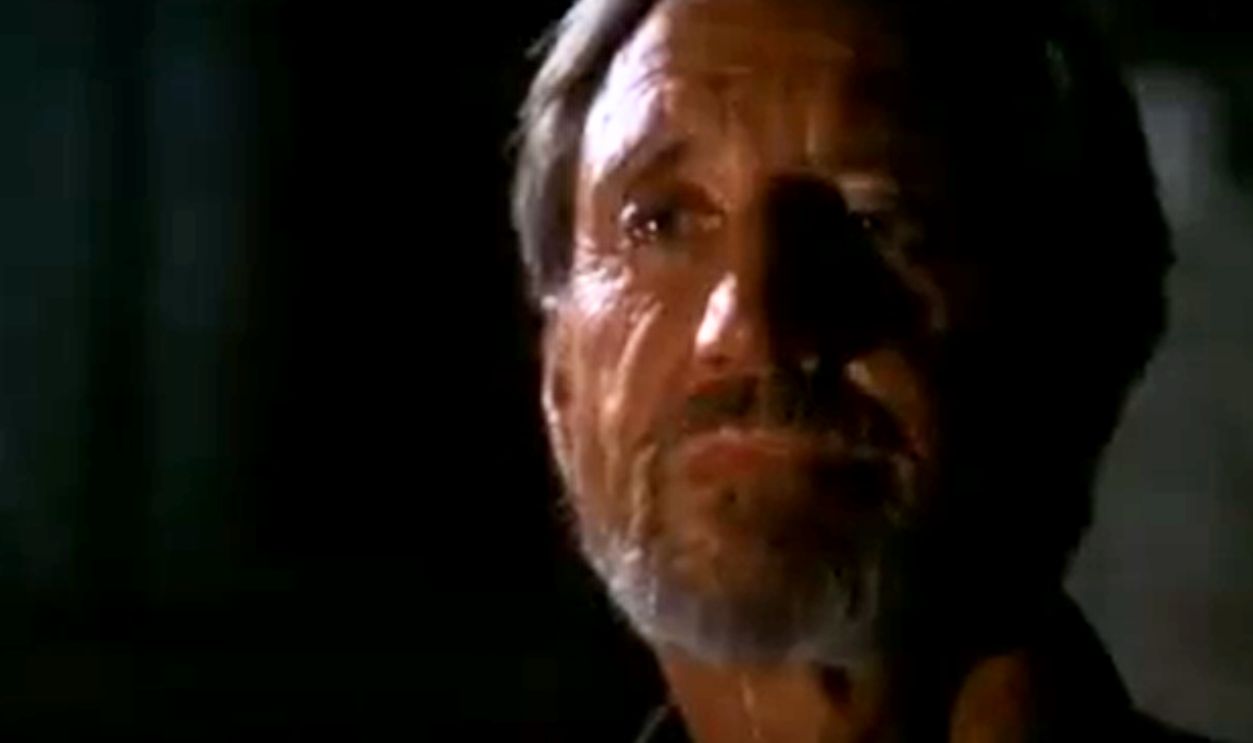 Sony Pictures Classics, The Myth of Fingerprints (1997)
Sony Pictures Classics, The Myth of Fingerprints (1997)
Television Work & Later Projects
Roy also worked in television, including made-for-TV movies, guest starring roles, and main roles in TV series. The most significant of these efforts was his two-season stint in seaQuest DSV as submarine Captain Nathan Bridger. These projects kept him visible and allowed him to stretch into different genres through the 1990s and 2000s.
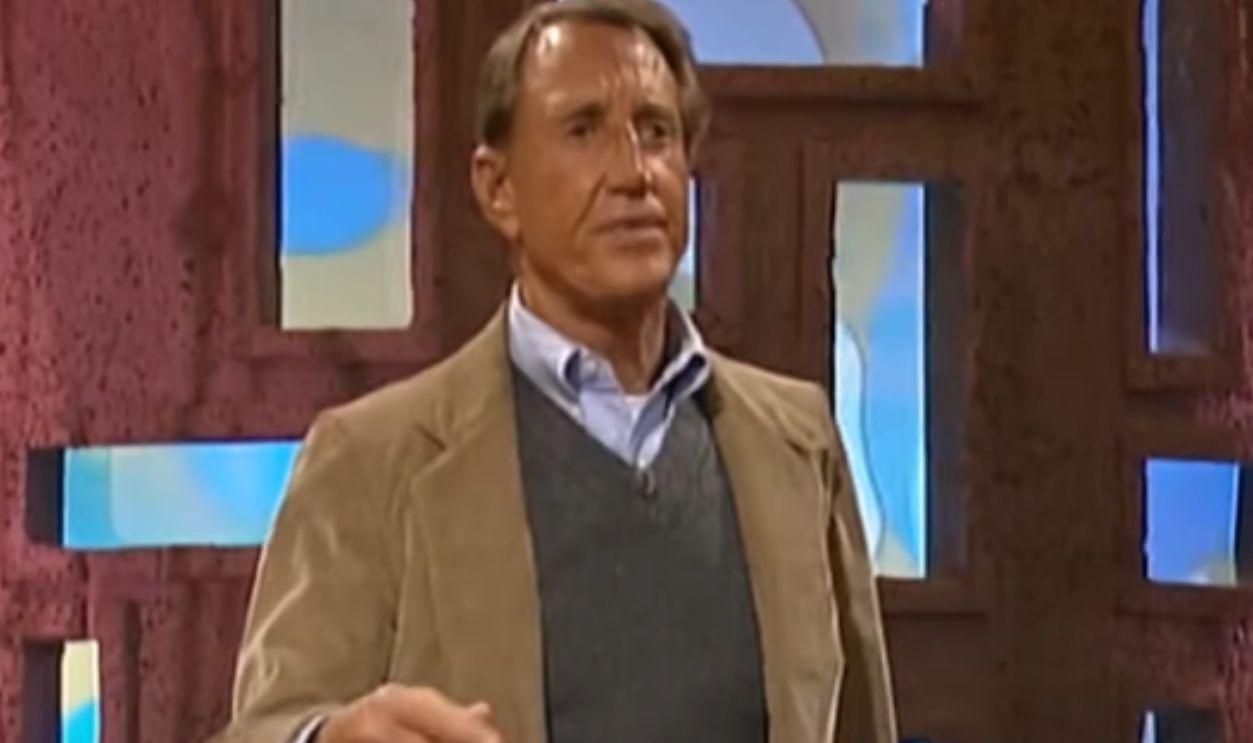 Heartbreaking Details About Roy Scheider's Tragic Death, Grunge
Heartbreaking Details About Roy Scheider's Tragic Death, Grunge
Battle With Cancer
In his later years, Scheider was afflicted by prostate and bone cancers. He spoke publicly about health and mortality. Even as the treatments weighed him down, he kept acting, demonstrating the resilience that defined his entire career journey.
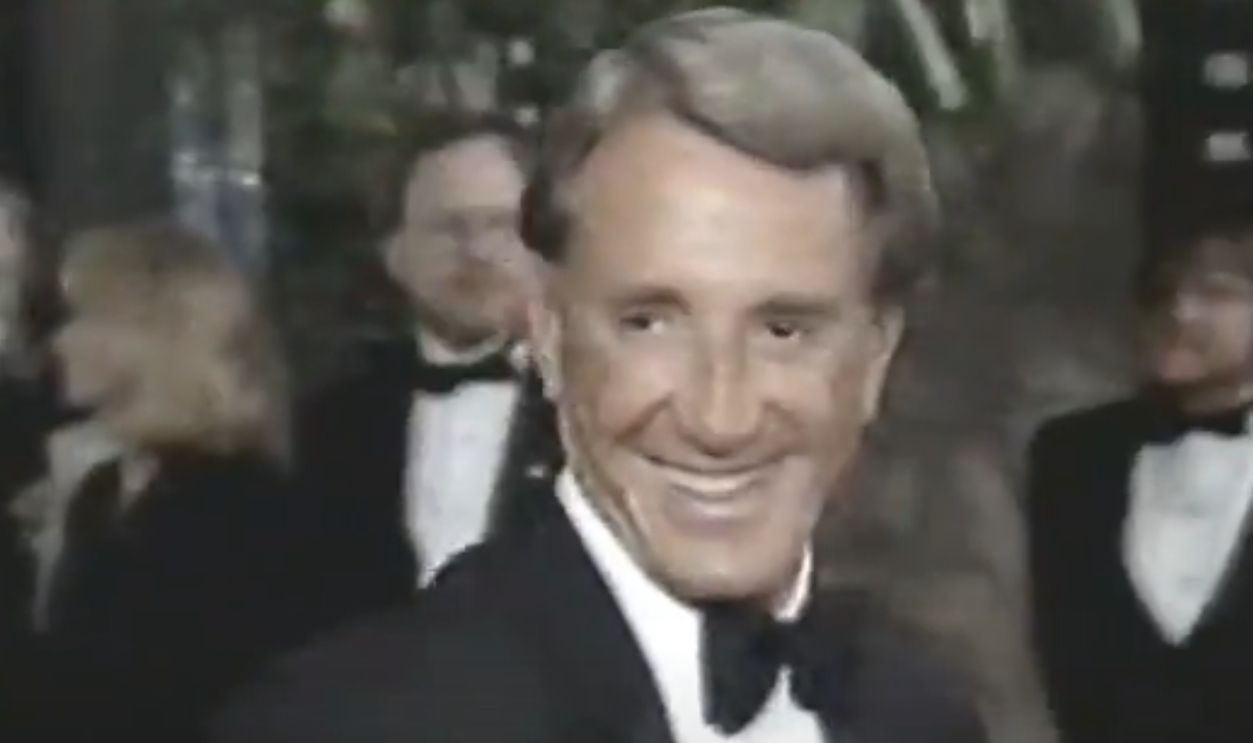 Headline News - on the Death of actor Roy Scheider - Feb., 2008, videoholic2000s
Headline News - on the Death of actor Roy Scheider - Feb., 2008, videoholic2000s
Final Years & Death
Roy Scheider passed on in 2008 at age 75. His last years were quieter but reflective. Tributes emphasized his cool intensity, his kindness toward others, and the memorable body of work he left behind. He remains a figure both loved and studied in film circles.
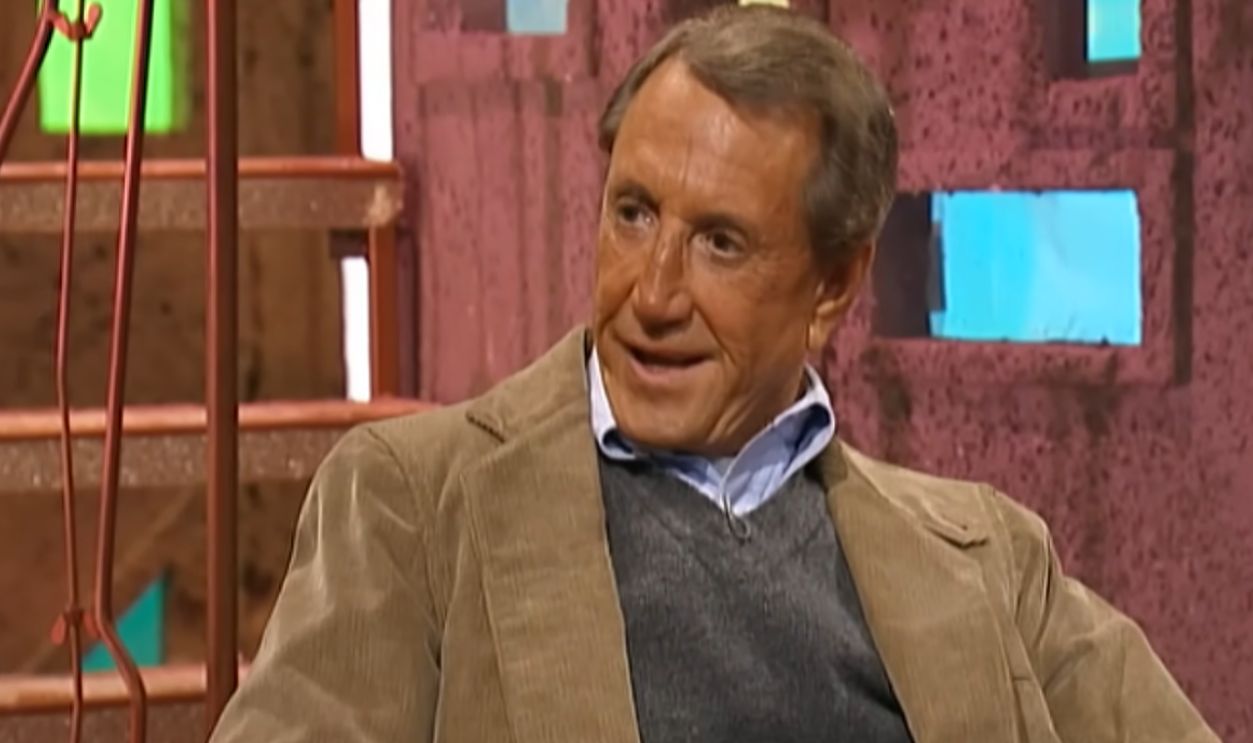 Roy Scheider is Embarrassed of Jaws! | So Graham Norton, So Graham Norton
Roy Scheider is Embarrassed of Jaws! | So Graham Norton, So Graham Norton
Diverse Legacy
From Jaws to All That Jazz, Roy Scheider represents an era where actors could and did straddle blockbuster and art house. He competed convincingly on action’s front line, while always exploring more expressive roles. His iconic roles in some of the most fascinating films of the 70s show that an action lead can surprise, evolve, and challenge our expectations.
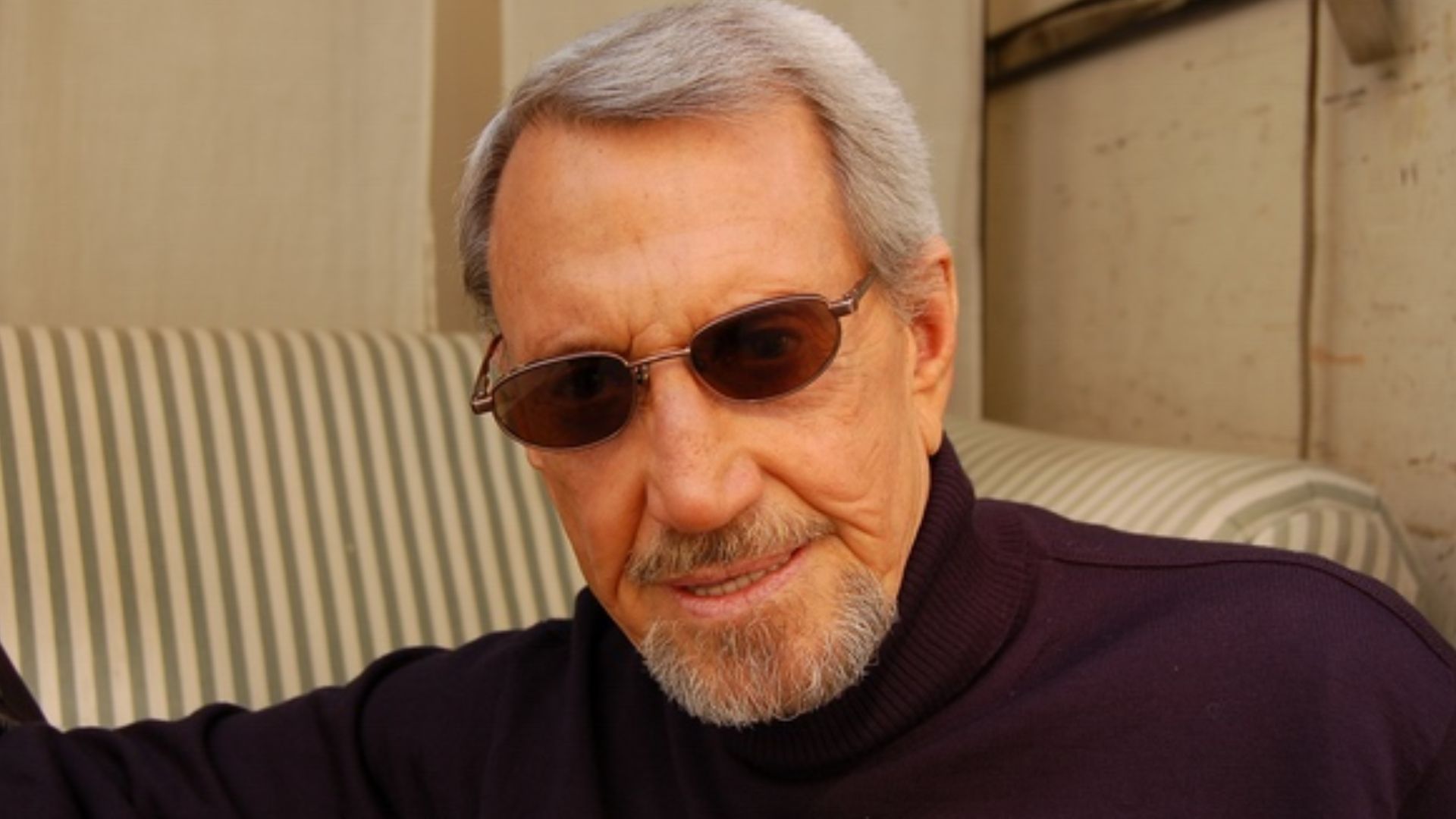 Lukasz Figura (lucas figo), from Olsztyn, Poland, Wikimedia Commons
Lukasz Figura (lucas figo), from Olsztyn, Poland, Wikimedia Commons
You May Also Like:
Bill Hickman: Hollywood’s Greatest Stunt Driver
The Most Chaotic Movie Productions In Hollywood History
Most People Who Watch Jaws Will Miss These Brilliant Tiny Details

